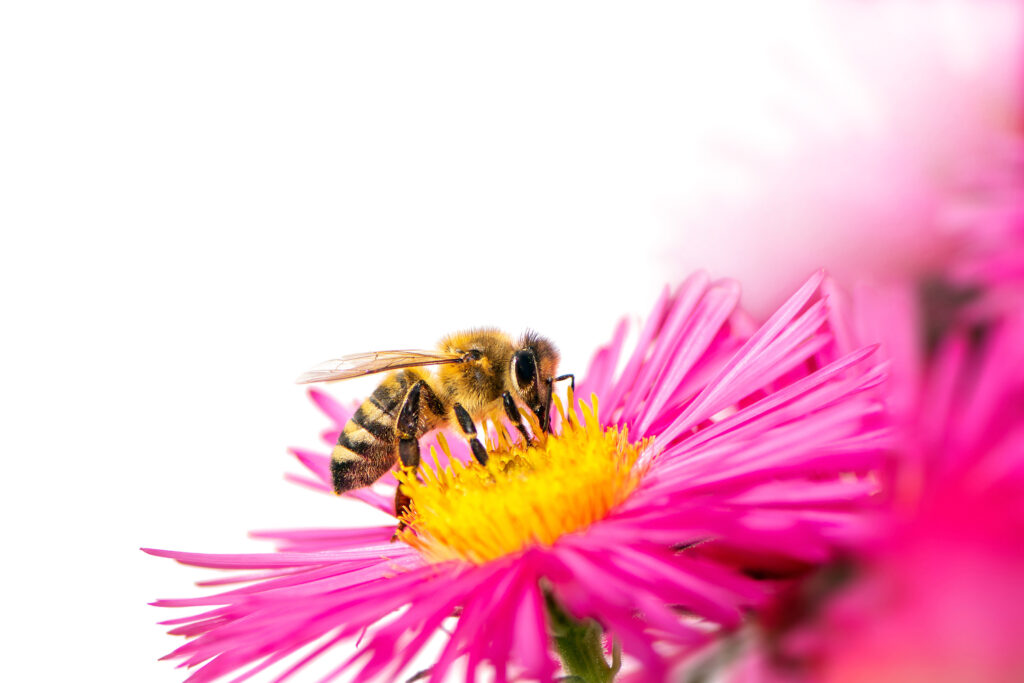Join the Great Pollinator Census this month

In an era of declining pollinator populations, the Great Southeast Pollinator Census(GSEPC) stands out as a beacon of community-driven conservation. Launched in 2017 by Becky Griffin of the University of Georgia Extension, this citizen-science initiative empowers residents across Georgia, South Carolina, North Carolina, Florida, and Alabama to take part in a two-day pollinator count each August.
The goal is to create a snapshot of pollinator activity across the region — documenting not only the presence of bees, butterflies, and other beneficial insects, but also their plant preferences and the timing of blooms. This data helps researchers, educators, and environmental advocates better understand pollinator trends and develop strategies to protect these vital species.
Participation is simple. Volunteers — teachers, students, Master Gardeners, nature lovers, stay-at-home parents, 9-to-5’ers, retirees, and everyone in between — commit to spend 15 minutes observing a single flowering plant and tallying the insects they see. The insects are grouped into broad categories such as honey bees, bumble bees, small bees, flies, butterflies/moths, wasps, and others. This approach makes the census something people of all ages and experience levels can do, while still yielding valuable data.
The impact of the census has grown steadily since its inception. In 2024 alone, more than 18,000 pollinator counts were submitted, representing 269 counties across the participating states. Georgia led the way with more than 13,000 counts, while Florida and North Carolina saw significant increases in participation. Even in the face of challenges like Hurricane Debby, South Carolina volunteers managed to contribute hundreds
of counts.
Beyond the numbers, the GSEPC has inspired the creation of over 800 sustainable pollinator gardens. It has also been integrated into STEM and STEAM curricula by more than 500 educators in the Southeastern region, reaching thousands of students. The gardens not only provide habitat for pollinators but also serve as nature’s classrooms, fostering environmental stewardship.
The census also plays a role in raising awareness about the importance of pollinators. Bees and other pollinating insects are responsible for one out of every three bites of food we eat. Yet habitat loss, misuse of pesticides, disease, and environmental changes continue to threaten their survival. By engaging the public in hands-on observation, the GSEPC helps demystify these creatures and highlights their essential role in Earth’s ecosystems and our nation’s agriculture.
This year, Alabama is joining the count, and we can’t wait for all of you to be part of this effort! The 2025 census takes place August 22–23. You can count one day or participate on both days. Visit the official GSEPC website (www.gsepc.org) where you can find counting sheets, identification guides, and educational resources.
In a world where environmental problems can feel overwhelming, the Great Southeast Pollinator Census offers a hopeful reminder: Small actions, when multiplied across communities, can lead to meaningful change. Whether you’re a seasoned naturalist or simply curious about the buzzing life in your backyard, this project invites you to pause, observe, and contribute to a healthier planet — one pollinator at a time.
Bethany O’Rear, a horticulturist for more than 20 years, is a regional agent with the Alabama Cooperative Extension System, specializing in commercial and home horticulture.




